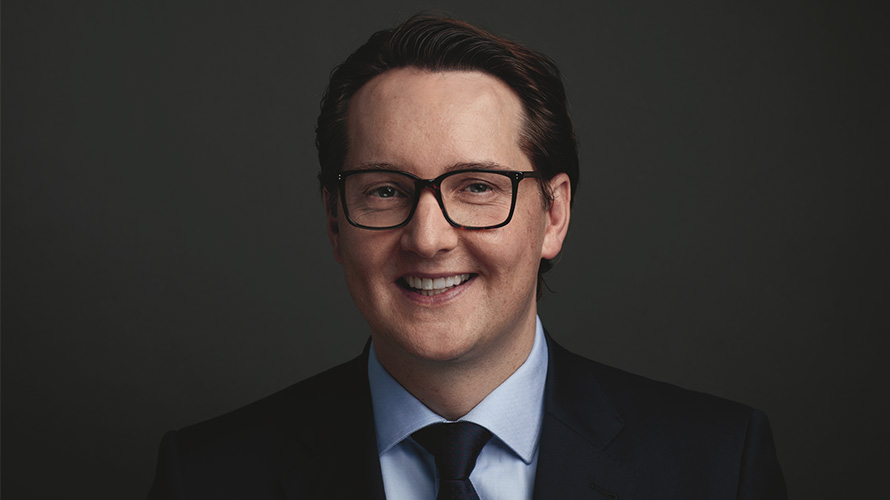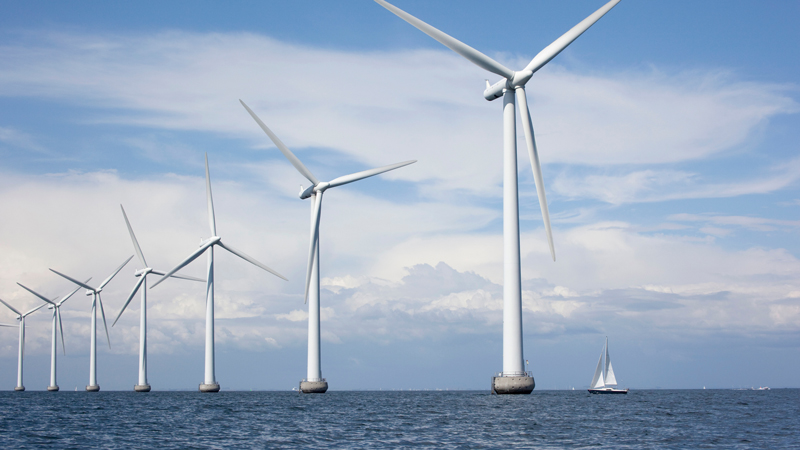Is it time for Elon Musk to move on?
Elon Musk, the visionary CEO of Tesla, has a long history of disrupting industries. He first revolutionized the payment industry, when he co-founded PayPal, the online payments platform which he sold to eBay in 2002. He then turned his attention to electric cars and rockets by creating Tesla and SpaceX.
Both companies disrupted their respective industries. Tesla became the world’s largest electric vehicle producer and forced traditional car giants to speed up their Electric Vehicle (EV) plans. SpaceX developed the first reusable rockets, which dramatically reduced the costs of accessing the earth’s orbit and secured the company a contract with the US space agency NASA.
Yet for all his brilliance, Elon Musk has recently hit difficulties with Tesla. Following the highly priced Model S, the launch of its first mass market, affordable product, the Tesla Model 3, was postponed multiple times and when it finally started being produced, production targets could not be fulfilled. As a result, the company continued to bleed cash and investors became increasingly concerned with Tesla’s stock. This prompted Musk to tweet about his thoughts of taking the company private (he later decided against it). Last week, BlackRock, one of Tesla’s largest institutional investors, recommended that Elon Musk should step down.
So what are the key problems for Tesla?
Tesla is suffering from three main problems.
- Firstly, by entering mass production, Elon Musk is stepping into a field which requires very different skills than those of an innovator. Elon Musk has no experience in the mass production of cars, an area which has been dominated by German and Japanese car producers for decades.
- Secondly, when Tesla was founded in 2003, it had a first mover advantage, as traditional car makers still had to focus on their core business, the production of petrol and diesel cars, and couldn’t start with a "clean sheet of paper" and concentrate entirely on the production of electric cars. This has now changed, as new environmental standards and the recent scandals over diesel cars have made the production of electric vehicles a strategic priority for all major car makers.
- Thirdly, in an increasingly competitive industry, Tesla needs a CEO whose entire focus is on the company, as is the case with the CEOs of all the large car manufacturers. This can’t be achieved if Elon Musk is running other large companies such as SpaceX and Solarworld.
In summary, the main problem is the transition from being an innovator in a new field to a mass producer in an increasingly crowded industry. The best way forward for Tesla and Elon Musk is probably for him to step down from running the company (he can still remain an influential shareholder with his 20% stake) and focus on an area where innovation plays a bigger role and competition is lower. As such he should focus on his rockets via SpaceX or on disrupting another industry such as city commuting via his Hyperloop project.
The CIO Weekly Thoughts focus and reflect on key topics which caught Lars Kalbreier's attention during the week. It is basically a free expression of opinion to trigger healthy debates amongst readers and by no means intended to be a strategy review.






